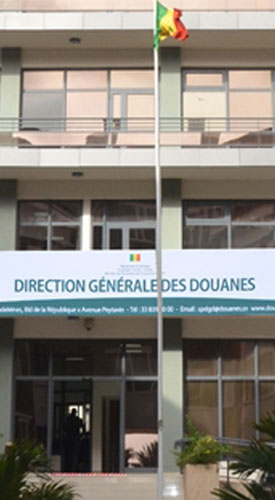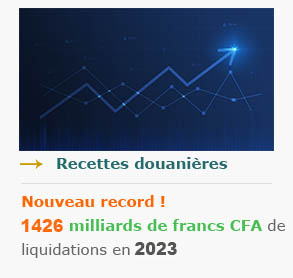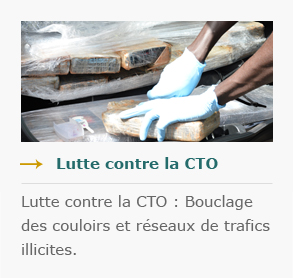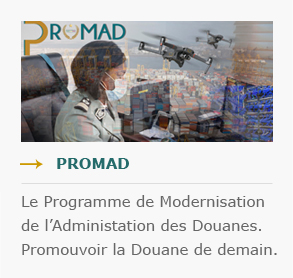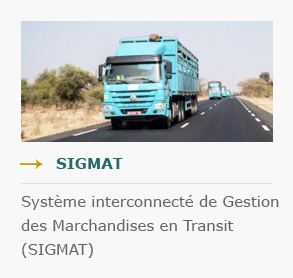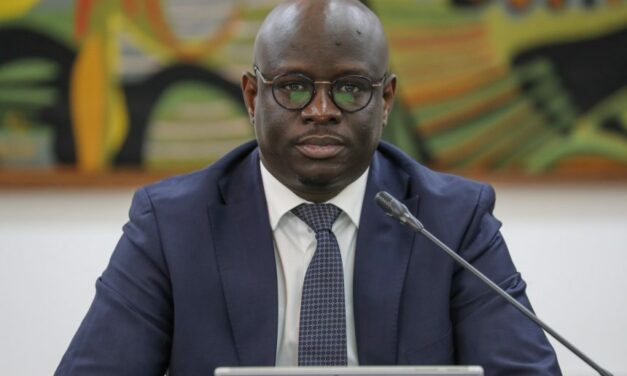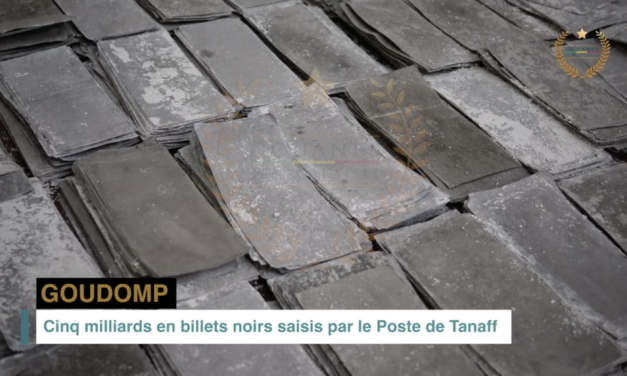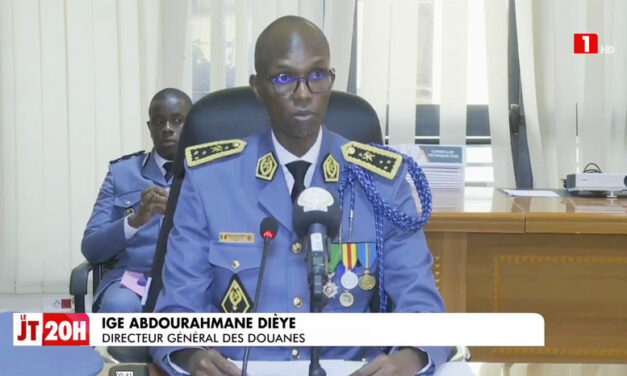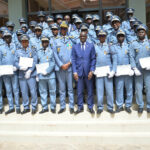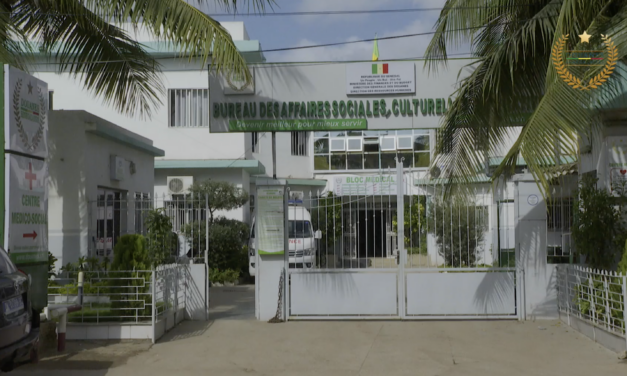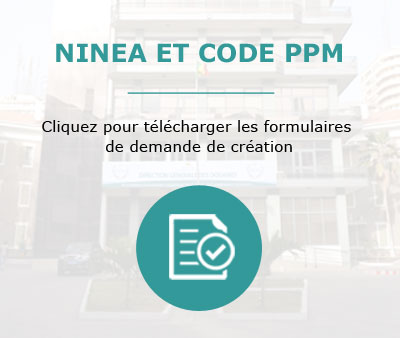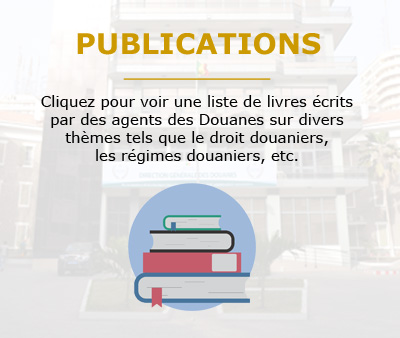- Actualités
- Lutte contre la CTO
- Agenda DGD
- Sports
- Actions sociales
Cheikh DIBA à la tête du Ministère des Finances et du Budget
20 Avr 2024 | Actualités, Photos
Monsieur Cheikh DIBA, nouveau Ministre des Finances et du Budget.Cheikh DIBA était jusqu’à sa...
-

Le Chef DCRP sur Radio Sénégal
19 Avr 2024 | Actualités, Vidéos
-
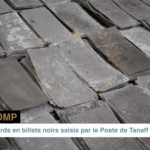
-

-
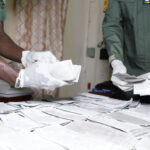
-

-

-
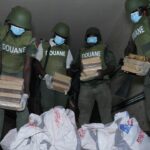
-

Saisie de billets noirs par la BSR- SDE
11 Avr 2024 | Actualités, Lutte contre la CTO, Vidéos
-

-

-

-

Tournoi du Comzone n°1, la Douane victorieuse
27 Oct 2022 | Actualités, Sports
-

Le GAINDE à Rosso : Présentation du SDI – DGD
16 Août 2023 | Actions sociales, Vidéos
-

-
![Arbre de Noël Douanes 2022 [Vidéo]](https://www.douanes.sn/wp-content/uploads/2022/12/arbredenoel2022-150x150.jpg)
Arbre de Noël Douanes 2022 [Vidéo]
23 Déc 2022 | Actions sociales, Actualités, Agenda DGD
-

Douanes TV
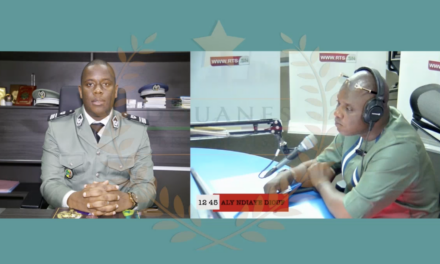
Le Chef DCRP sur Radio Sénégal
19 Avr 2024
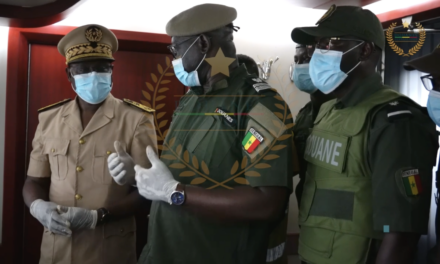
Un camion frigo air cocaïne
17 Avr 2024

Saisie de billets noirs par la BSR- SDE
11 Avr 2024
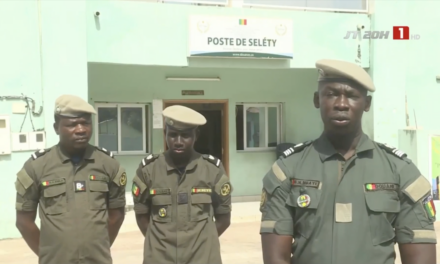
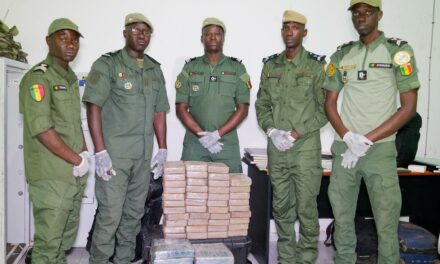
Saisie de cocaïne à Koumpentoum
2 Avr 2024
Galeries Photos
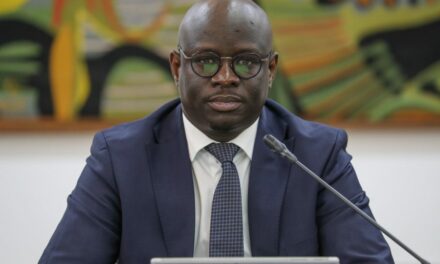
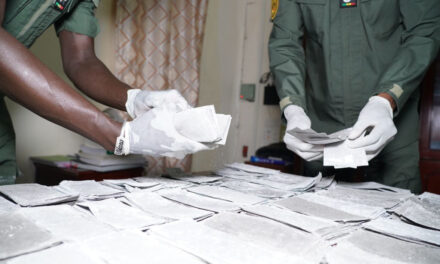
Goudomp : importante saisie de billets noirs
17 Avr 2024
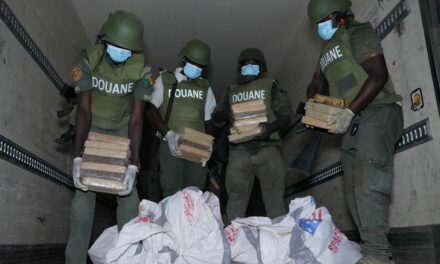
Saisie record de cocaïne à Kidira
15 Avr 2024
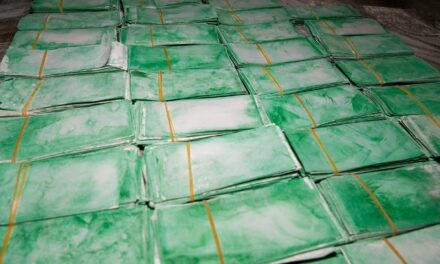
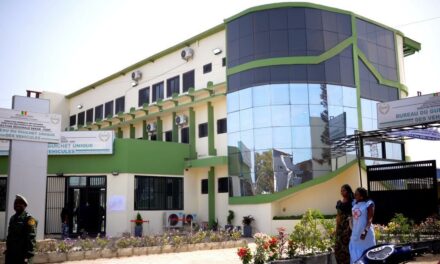
 Les douanes sénégalaises | Senegalese customs
Les douanes sénégalaises | Senegalese customs

